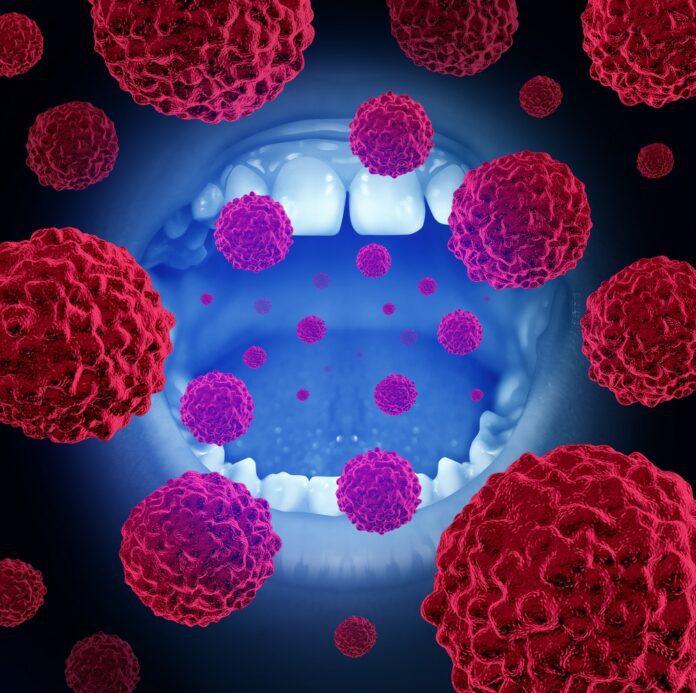Overview Of Throat Cancer
Throat cancer is a type of head and neck cancer. Throat cancer has different names, depending on which part of the throat is affected. The different parts of your throat are called the oropharynx, the hypopharynx, the nasopharynx, and the larynx, or the voice box.
The main risk factors for throat cancer are using tobacco and heavy drinking. Certain types of throat cancer also have other risk factors. For example, having HPV is a risk factor for oropharyngeal cancer.
Commonly Associated With
Vocal cord cancer; Throat cancer; Laryngeal cancer; Cancer of the glottis; Cancer of oropharynx or hypopharynx; Cancer of the tonsils; Cancer of the base of the tongue
Causes Of Throat Cancer
People who smoke or use tobacco are at risk of developing throat cancer. Drinking too much alcohol over a long time also increases risk. Smoking and drinking alcohol combined lead to an increased risk for throat cancer.
Most throat cancers develop in adults older than 50. Men are more likely than women to develop throat cancer.
Human papillomavirus (HPV) infection (the same virus that causes genital warts) account for a larger number of oral and throat cancers than in the past. One type of HPV, type 16 or HPV-16, is much more commonly associated with almost all throat cancers.
Symptoms Of Throat Cancer
Symptoms of throat cancer may include:
- Abnormal (high-pitched) breathing sounds
- Cough
- Coughing up blood
- Difficulty swallowing
- Hoarseness that does not get better in 3 to 4 weeks
- Neck or ear pain
- Sore throat that does not get better in 2 to 3 weeks, even with antibiotics
- Swelling or lumps in the neck
- Weight loss not due to dieting
Exams and Tests
The health care provider will perform a physical exam. This may show a lump on the outside of the neck.
The provider may look in your throat or nose using a flexible tube with a small camera at the end.
Other tests that may be ordered include:
- Biopsy of the suspected tumor. This tissue will also be tested for HPV.
- Chest x-ray.
- CT scan of chest.
- CT scan of head and neck.
- MRI of the head or neck.
- PET scan.
Treatment Of Throat Cancer
The goal of treatment is to completely remove the cancer and prevent it from spreading to other parts of the body.
When the tumor is small, either surgery or radiation therapy alone can be used to remove the tumor.
When the tumor is larger or has spread to lymph nodes in the neck, a combination of radiation and chemotherapy is often used to save the voice box (vocal cords). If this is not possible, the voice box is removed. This surgery is called a laryngectomy.
Depending on what type of treatment you require, supportive treatments that may be needed include:
- Speech therapy.
- Therapy to help with chewing and swallowing.
- Learning to eat enough protein and calories to keep your weight up. Ask your provider about liquid food supplements that can help.
- Help with dry mouth.
Others
To diagnose throat cancers, doctors may do a physical exam and history, imaging tests, and a biopsy. You may also need other tests, depending on the type of cancer. Treatments include surgery, radiation therapy, and chemotherapy. Treatment for some types of throat cancer may also include targeted therapy. Targeted therapy uses drugs or other substances that attack specific cancer cells with less harm to normal cells.



